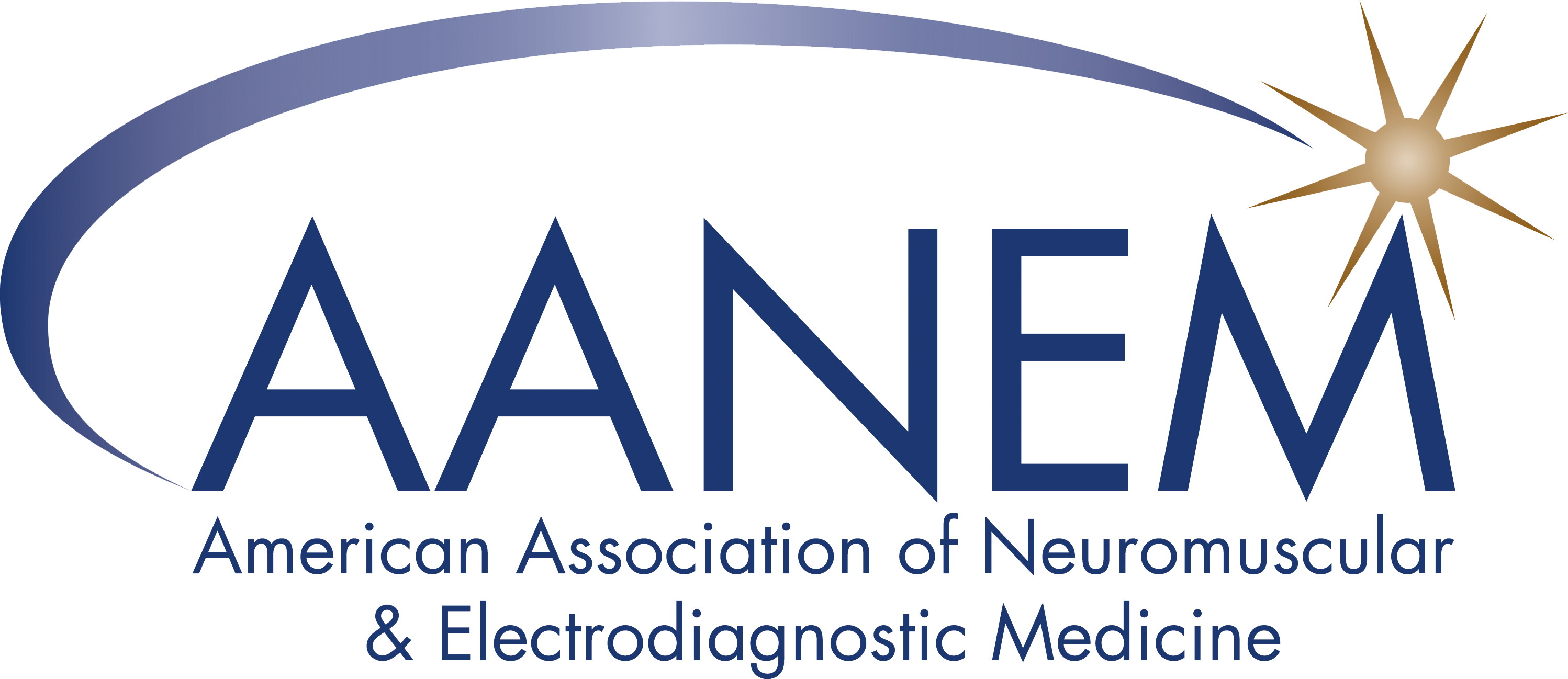What is Amyotrophic Lateral Sclerosis?
Amyotrophic Lateral Sclerosis (ALS) is often called Lou Gehrig's disease, named after the famous baseball player who died of the disease. ALS is a motor neuron disease that destroys the nerve cells responsible for carrying signals from the brain to the muscles. When these cells die, we lose the ability to control the muscles that enable us to move, speak, breathe, and swallow, and the muscles gradually weaken and waste. ALS is also often associated with spasticity, muscle spasms, and exaggeration of the reflexes. The majority of the symptoms of ALS are directly related to muscle weakness and spasticity.
What causes Amyotrophic Lateral Sclerosis?
The cause of this disease is unknown. The most currently accepted theory is that it is a combination of factors. The vast majority of ALS occurs sporadically but ALS is inherited in about 10% of cases. No cure is currently available for patients with ALS. Only one drug, riluzole, has FDA approval for the treatment of ALS but it is minimally effective, prolonging survival slightly but without improving muscle strength or function. The primary goals of treatment are aimed at helping the patient cope with the effects of the disease and at preventing or relieving complications. A great deal of research is devoted to finding an effective treatment for the disease.
Who gets Amyotrophic Lateral Sclerosis?
ALS most frequently affects people between the ages of 40 to 60, affecting men about 20% more than women. It is estimated that 5 to 7 people out of 100,000 are likely to have the disease. ALS is typically a rapidly progressive, ultimately fatal condition. The five-year survival rate following diagnosis is approximately 25%. In a small percentage of patients, progression is slower and survival is much longer. Death is usually the result of respiratory complications.
How is Amyotrophic Lateral Sclerosis diagnosed?
The early diagnosis of ALS can be difficult, because many other conditions may cause similar manifestations. An extensive evaluation is usually done to exclude conditions that may be confused with ALS. When the disease is well established the diagnosis is usually very apparent just by clinical examination. There is no single specific, definitive test to diagnose ALS. The physician will typically perform many different tests to rule out other diseases, including magnetic resonance imaging (MRI) of the brain and spinal cord, electrodiagnostic studies, including needle electromyography (EMG) and nerve conduction studies (NCS), along with a variety of blood and urine tests. A diagnosis of ALS is reached after evaluating the results of all the tests, along with the patient's medical history, and physician's physical examination. The EMG is the most important test in this work-up because it gives the physician accurate information about what is happening within muscles and may be performed several times over a period of months to monitor for changes. The EMG can also help rule out other diagnoses. Because of the rapidly progressive nature of the disease, ALS requires close physician follow-up and appropriate interventions to help maintain quality of life and prevent complications. Difficult decisions regarding nutritional and respiratory support are inevitably necessary.
More Information
Muscular Dystrophy Association
The ALS Association
National Organization for Rare Disorders
Les Turner Amyotrophic Lateral Sclerosis Foundation
International Alliance of ALS/MND Associations on the Internet
